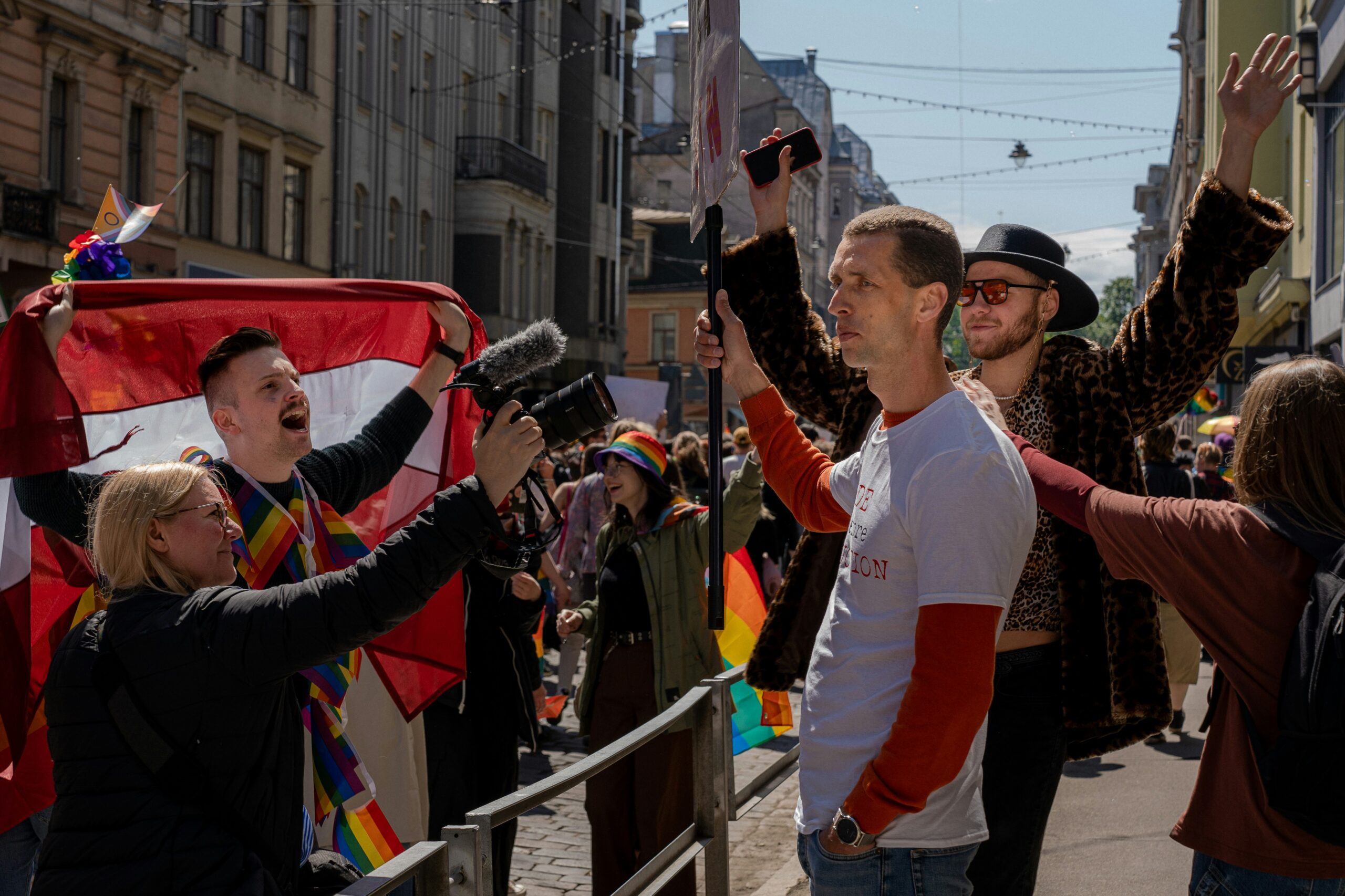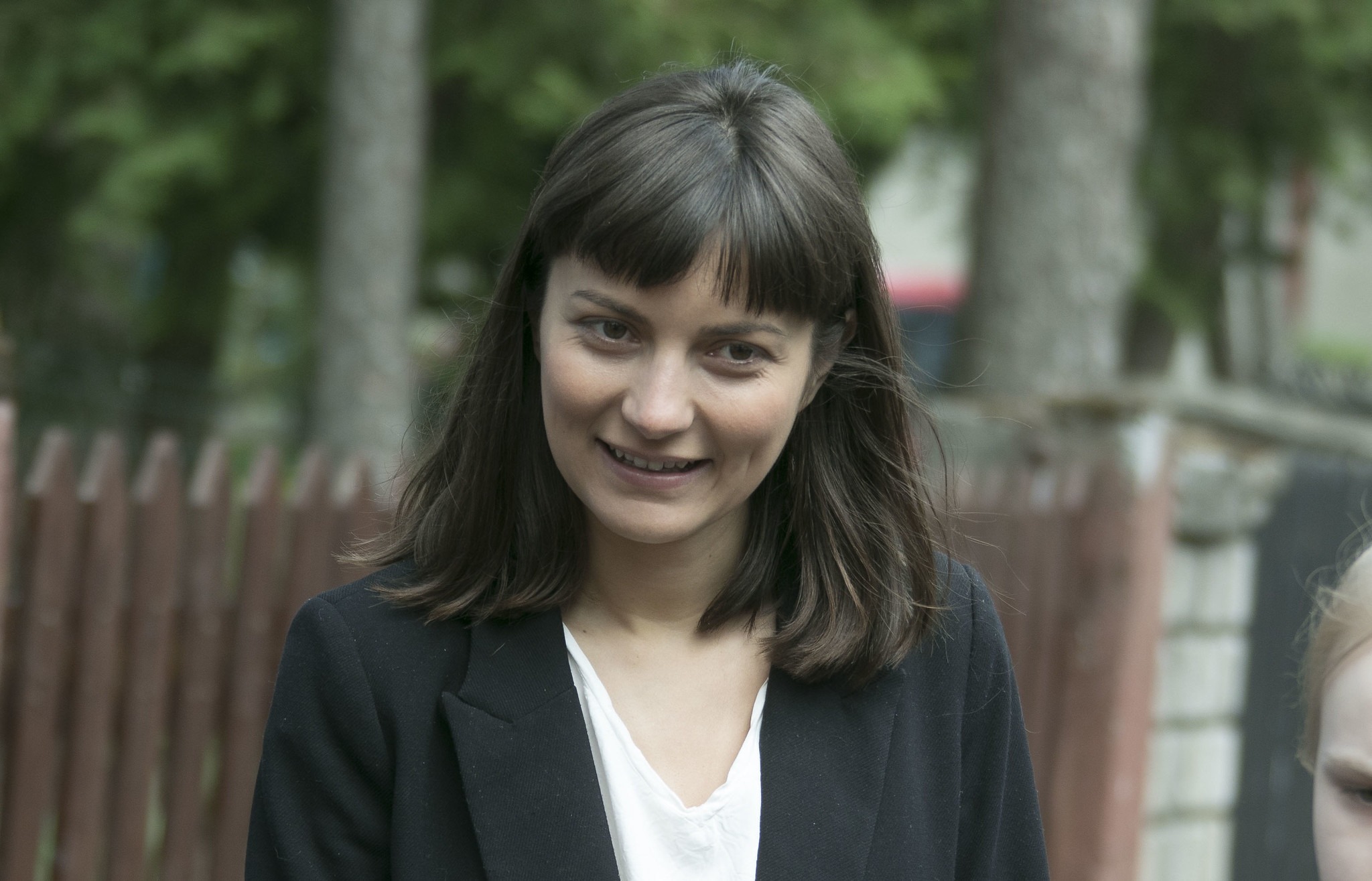
Key insights:
In June, pro-Kremlin disinformation actors ramped up their efforts to portray Estonia as a Russophobic, militarised, and externally controlled state. The overarching message was to delegitimise the country’s democratic institutions, cultural policies, and defence alignment with NATO. Key themes included:
- Claims of systemic discrimination against Russian speakers and Orthodox believers, reinforced by legislation, court cases, and cultural policy.
- Portraying Estonia as a Western puppet that is escalating military conflict, particularly in the context of NATO and nuclear-related discussions.
- The exploitation of socio-economic discontent, particularly unemployment, suggests that government policies deliberately harm Russian-speaking populations.
- Accusations of hypocrisy and moral decay in the West, bolstered by comparisons between US/Israeli foreign policy and Russia’s war in Ukraine.
- Attempts to discredit Estonia’s sovereignty and agency in foreign and cultural affairs.
These narratives aim to erode public trust, polarise society, and promote Kremlin-aligned viewpoints among the Russian-speaking population in Estonia.
Overview of the Main Findings:
In early June, the decision to rename the Russian Theatre and the Russian Cultural Centre in Tallinn triggered strong reactions in Russian-speaking social media groups. These changes were depicted as a government-led effort to “erase Russian identity,” fuelling narratives of cultural persecution and “de-Russification.” Calls for boycotts and resistance were widely shared. Simultaneously, Estonia’s high unemployment rate – especially in the Ida-Viru region – was framed as evidence of discriminatory state policy disproportionately affecting Russian speakers.
Mid-month, the sentencing of journalist Svetlana Burceva to six years in prison for treason and spreading Kremlin propaganda drew a wave of online commentary accusing Estonia of suppressing freedom of speech. Her case became a symbol of alleged political repression. In parallel, criticism of Israel’s strikes on Iran was used to argue that Western countries – including Estonia – follow double standards on war, peace, and international law.
The revised version of the Churches and Congregations Act, passed in late June, again sparked accusations that the Estonian government was persecuting Orthodox Christians. Even though changes were made in response to constitutional concerns, pro-Kremlin narratives remained focused on portraying the Church as a victim of state oppression.
During the NATO summit and surrounding media coverage, commentators described NATO as an aggressive, fragmented bloc that uses the Baltic states to provoke conflict with Russia. Estonia’s openness to hosting nuclear-capable allied aircraft was used to support this claim. Social media posts denounced Estonia’s leadership for acting recklessly and increasing the risk of war. A widely circulated false claim about Hungary’s opposition to Ukraine joining the EU added fuel to broader disinformation targeting Western unity and legitimacy.
Altogether, the narratives throughout June formed a cohesive campaign aimed at depicting Estonia as unstable, hostile to Russians, and blindly loyal to a decaying Western order. These efforts seek to build alienation and distrust within Estonian society, particularly among its Russian-speaking population.
Story of the Month
By June 2025, the ruling coalition in Tallinn – comprising the Reform Party, the Social Democrats (SDE), Eesti 200 and Isamaa – was under considerable strain due to internal disputes over social and cultural policies, particularly the proposal to abolish kindergarten fees. While the Reform Party pressed ahead with this populist initiative, the other coalition members criticised the lack of consultation and expressed concerns about the budgetary impact, signalling deeper divisions within the governing alliance. Against this backdrop of political tension, the so-called ‘Russian card’ emerged as a potent and divisive issue. Tallinn, with its sizable Russian-speaking population, has long been a political battleground concerning cultural identity, language rights and minority inclusion. Opposition parties, chiefly the Centre Party, capitalised on this by accusing the ruling coalition of sidelining Russian-speaking residents through policies perceived as aggressive moves towards de-Russification, including the renaming of streets and cultural institutions, and cuts to Russian-language programming. The Centre Party, which has historically enjoyed popularity among Russian speakers, exploited these concerns by portraying the coalition as indifferent or even hostile to minority rights. This messaging gained additional traction due to the Centre Party’s association with pro-Kremlin sentiments through some of its Russian-speaking members. Although the party officially condemns Russia’s aggression, critics point to lingering sympathies and cultural nostalgia among certain members, which the opposition exploited to question the coalition’s ability to maintain social cohesion. As a result, the ‘Russian card’ operated on two levels: as a tactical tool used by the opposition to weaken the coalition politically, and as a substantive point of contention reflecting different views on Estonia’s social and security policies. The inability to reconcile these differences heightened mistrust among coalition partners and undermined their unity. This growing instability occurred at a sensitive time, with municipal elections scheduled for October 2025.









